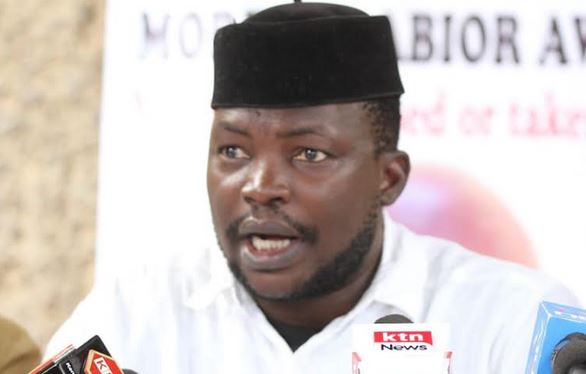BY DAK BUOTH RIEK GAAK
“Whoever does not fight the growth and development of dictatorship at these preparatory stages is not in a position to prevent its victory, but, on the contrary, facilitates that victory, and facilitates its growth and development” George Dimitrov.
I write to commemorate the 15 December 2013 events when the de facto Government of South Sudan unleashed both regular and unregular armed forces to murder thousands of the innocent Nuer population through door-to-door killings that have made our country a laughing stock. Unfortunately, the UN and AU investigation committees of Inquiry formed to identify the perpetrators have fallen short of calling this type of killing a genocide. Many legal pundits and politicians agreed that the infamous Killings in Juba met the criteria of genocide. Nonetheless, whether it is a massacre or genocide, the effects and repercussions on the victims are almost equal.
These heinous crimes and crimes against humanity sparked and spread an all-out war that continues up to this moment. It is regrettable that on the 11th anniversary of this dark day in our country, the government continues to demonstrate its abuse and arrogance characterized by dictatorial tendencies and tactics of delaying and frustrating ways and means to restore peace and tranquility in the country. The Tumaini Peace Initiative is a case in point.
The devilish intention of the perpetrators of the Juba massacre is shown and proven by the fact that in these 11 years of wailing, the de facto Juba government never came up with a policy to offer peace and justice to the victims of 15 December 2013.
Instead, they continued to exploit the victims of 15 December 2013 while siphoning the resources intended to implement the defunct 2018 Peace Accord. In other words, the people who perpetrated these crimes and crimes against humanity are ill-bent to punish the Nuer nation and all South Sudanese people for one reason or another.
An eye for an eye will make South Sudan blind
In the Old Testament, the principle of eye for an eye is found in Exodus 21:23-27. They interpreted it as a law of exact retaliation or reciprocal justice, which means anyone who has wronged or injured another person is to be penalized or punished to the same degree by the injured person. At times, when the victims commemorate the day and voice the much-needed justice for the 15 December 2013 Juba massacre, the government handlers and sympathizers fidget uncontrollably. Of course, the guilty ones are always afraid.
However, the call and commemoration of the 15 December 2013 massacre should not be misconstrued for an eye for an eye aware that it will only make South Sudan blind. The call and commemoration of the 15 December 2013 Juba massacre is nothing but a strong demand for justice and democratic leadership that would guarantee human rights and civic spaces.
Certainly, a human right-oriented leadership that is conscious of human lives would benefit not just the victims of the Juba massacre but also the perpetrators and their sympathizers in the long run. Ideally, the best approach is for the perpetrators to be apologetic and not be adamant about the democratic change in South Sudan.
Unity in diversity
South Sudan is a multi-ethnic and multi-religious society. In many countries, ethnicity and religion have threatened national cohesion. In South Sudan, we can achieve national unity through many ways at our disposal. The democratic leadership that we long for will offer us a chance to elect leaders who will be our symbols of unity in diversity as envisaged and envisioned in our constitution of 2011. In South Sudan, the so-called leaders occupying the constitutional offices are divisive figures who are polarizing our frail and fragile nation.
During this 11th commemoration, I would like to encourage our zealous South Sudanese population to remain hopeful, for the struggle for peace and justice is continuing like never before. Finally, I congratulate all our international friends who are working in humanitarian and civil rights organizations and the international community for their tireless efforts in carrying the torch of human rights in South Sudan. More often than seldom, the type of work they do reflects the dictum of Martin Luther King Jr. that ‘‘Injustice anywhere is a threat to justice everywhere.’’
The writer is the National Chairperson of Legal and Constitutional Affairs of the South Sudan People’s Movement (SSPM). He can be reached via eligodakb@yahoo.com
The views expressed in ‘opinion’ articles published by Radio Tamazuj are solely those of the writer. The veracity of any claims made is the responsibility of the author, not Radio Tamazuj.




